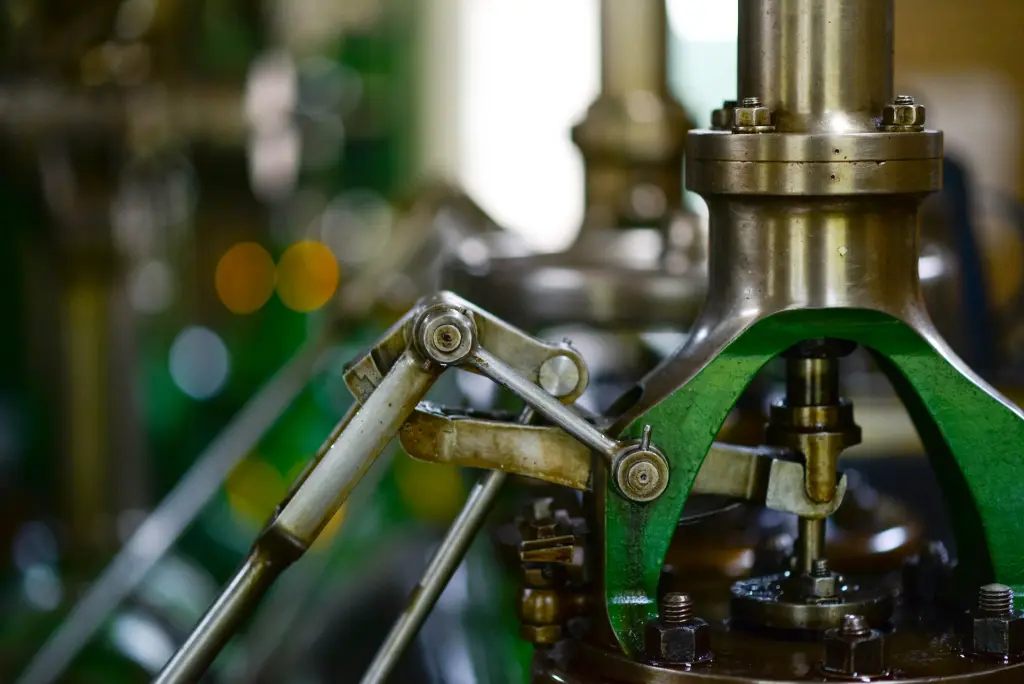Diesel engines have long been relied upon for their power and efficiency, but they also produce harmful emissions, particularly nitrogen oxides (NOx). To address this environmental concern, the use of Diesel Exhaust Fluid (DEF) has become crucial.
In this article, we will explore the importance of DEF in diesel engines and delve into the world of DEF machines , discussing their functionality, types, benefits, and factors to consider when choosing one.
What is Diesel Exhaust Fluid (DEF)?
DEF, also known as AdBlue®, is a non-toxic, colorless liquid that converts harmful nitrogen oxides into harmless nitrogen and water vapor through a chemical reaction. It is composed of high-purity or Technical Grade urea and Deionized water. DEF is classified as an aqueous urea solution and is standardized according to the ISO 22241 standard.

Understanding Diesel Exhaust Fluid Machines
DEF machines are designed to handle the storage, dispensing, and refilling of DEF. These machines typically consist of a storage tank, a pump, a metering system, and a dispensing nozzle. The storage tank holds the DEF, while the pump and metering system ensure accurate dispensing based on the user’s requirements.
2. Types of DEF MachinesThere are various types of DEF machines available, ranging from compact units for individual use to larger systems for commercial applications. Some DEF machines are designed for stationary installations, while others are portable and suitable for on-the-go refilling. Common types include DEF dispensers, bulk DEF systems, and mini-bulk DEF systems.
3. Benefits of Using DEF MachinesUsing DEF machines brings several benefits. They enable efficient and accurate dispensing of DEF, eliminating the risk of spills and wastage. DEF machines also ensure the proper handling and storage of DEF, maintaining its integrity and preventing contamination. Additionally, these machines often come with integrated monitoring systems that provide real-time data on DEF levels and usage.
Diesel Exhaust Fluid machines play a vital role in the effective and efficient use of DEF in diesel engines. These machines provide adequate quality of Deionized Water and Diesel Exhaust Fluid solution ensuring compliance with environmental regulations and reducing harmful emissions. When selecting a DEF machine, consider factors such as capacity, quality, user-friendliness, and maintenance requirements to make an informed choice. By following best practices and implementing regular maintenance, you can maximize the lifespan and performance of your DEF machine.

Factors to Consider When Choosing a DEF Machine
When selecting a DEF machine, several factors should be taken into account to ensure optimal performance and user satisfaction.
1. Capacity and OutputConsider the volume of DEF required for your specific application. Choose a machine with an appropriate storage capacity and dispensing output to meet your needs efficiently on daily as well as monthly basis.
2. Quality and AccuracyEnsure that the DEF machine meets the required quality standards and provides accurate metering and dispensing. Look for certifications such as ISO 22241 and check user reviews for reliability and performance.
3. User-Friendliness and MaintenanceOpt for a DEF machine that is user-friendly and easy to operate. Consider features such as intuitive controls, clear instructions, and ease of maintenance for a hassle-free experience.
